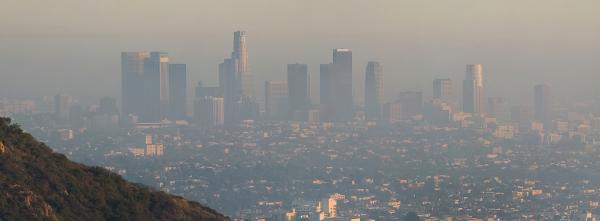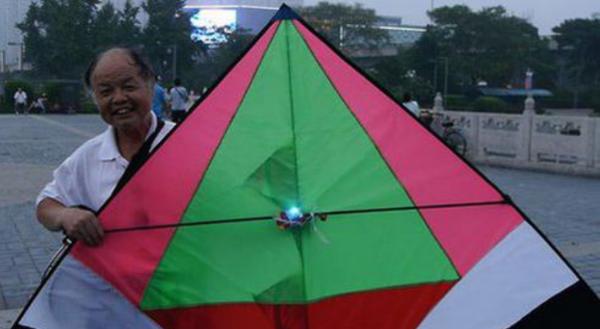Missing: LOCAL journalism linked to CRITICAL Citizen Science
Don’t work harder. Work more connected.

Let me tell you three “unrelated” stories. And then show you why they should be related, instead.
1: Air is FILTHY. Everywhere
The status of the air we breathe is bad, worldwide:
- 90% of human beings live where outdoor air pollution exceeds guidelines set by the World Health Organization (WHO)
- that figure includes half of city dwellers in developed nations
- and almost everybody (97%) of the residents in cities of more than 100,000 people in the developing world
2: Open sensor networks for CRITICAL citizen science

kites equipped by citizens with air quality sensors
</em></u>
In a talk in 2013, Dan McQuillan made these points about “open sensor networks & critical citizen science”, 2013:
- real community development is “a hard slog with few shortcuts”
- prevention and recovery after natural disasters requires [real] involvement of local communities
- today people can build open digital ecosystems for, among many other things, weather and air quality stations
- [involvement does not mean mere] “immaterial labour where the participants fill the role of distributed sensors”
- open sensor networks can help surface subjugated knowledges through citizen science, not merely through startups or the maker movement but through a critical and participatory practice"
Death of local journalism lets bad politicians free to START
In early 2019, three “top elected officials” in Virginin administrations ended up confronting multiple scandals all at once because:
“Degradation of resources in local journalism means that politicians in the early stages of their careers… are not getting anything like the sort of attention they would have gotten when there was a reporter whose full time job was to cover… such elections.
Connecting the dots
The conclusion of the air pollution story is that “research and tools to make it safe to breathe should be shared as well”.
The Critical Citizen Science talk is about the direct, active involvement of citizens possible only through open digital technologies
The Virginia story shows how bad lack of early professional monitoring and analysis (not Facebook-level doxxing!) of some situation can be.
The last two stories make the point that both Critical Citizen Science and Local Journalism are great, and therefore society should help them grow.
My point is that this cannot happen, or deliver much anyway, unless those two “worlds” are much more connected and cooperating than they have been so far. What should become the norm, instead, is:
- early detection of a problem (be it air pollution, inept politicians or anything else) should be
- immediately followed by local, participated data gathering to discover the sources of that problem, which in turn should be
- immediately followed by local information and analyses, and participated, but organized discussion of the possible solutions
This should be the norm. The default. Because discovering with self-built sensor networks where the air is more polluted takes one set of skills, and attitudes. But getting from there to the real root causes (e.g. bad norms and/or corruption) and related best remedies, that is local investigative journalism, requires totally different skills.
Today, instead, we have a great, but largely still unused potential of citizen science on one side, and local journalism dying on another. Not good.
Exception to this rule surely already exist. Please let me know them!